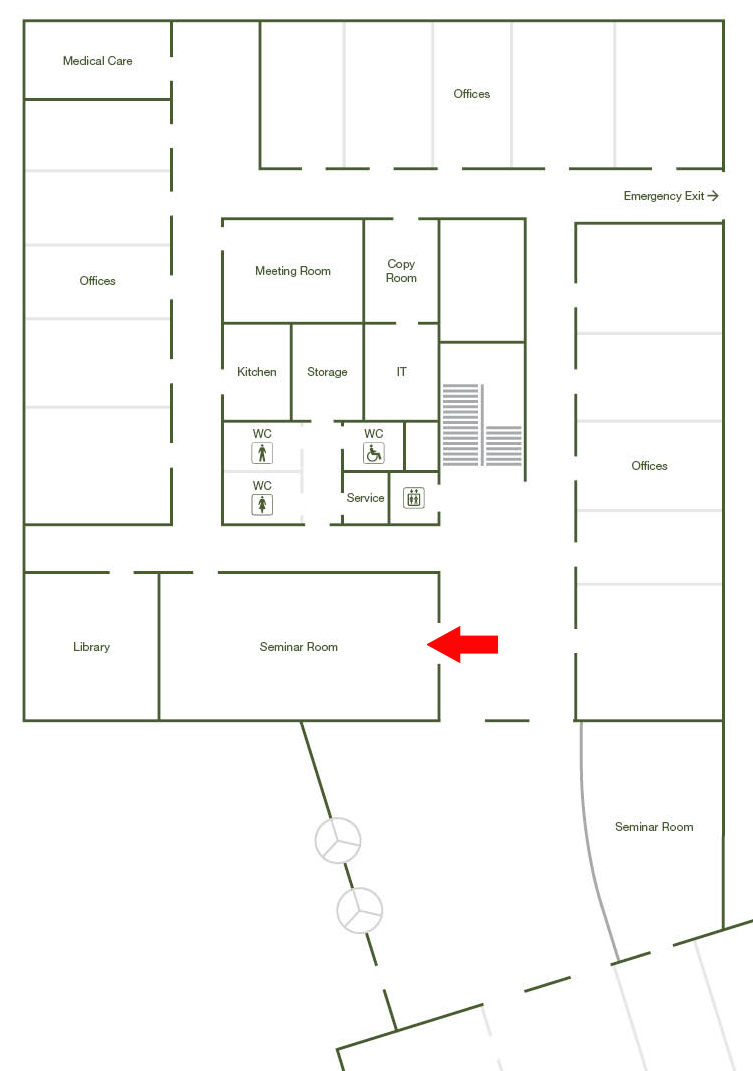Andreev or Majorana, Cooper finds out
Date
Tuesday, September 25, 2018 11:00 - 12:30
Speaker
Constantin Schrade (Massachusetts Institute of Technology)
Location
Big Seminar room Ground floor / Office Bldg West (I21.EG.101)
Series
Seminar/Talk
Tags
Physical Sciences Seminar
Host
Georgios Katsaros
Contact

Topological superconductors hosting spatially separated Majorana bound states form a key component of robust quantum computing architectures. In candidate platforms for topological superconductors, such as semiconducting-superconducting hybrid nanowires, the emergence of a zero-bias conductance peak has been perceived as a first step towards verifying the existence of Majorana bound states. However, zero-bias conductance peak measurements have difficulties in differentiating zero-energy Majorana bound states from zero-energy Andreev bound states that can also appear in topological superconductor candidate systems. Hence, we need a more refined diagnostic tool to differentiate Majorana bound states from Andreev bound states. In this talk, I will address this issue by revisiting a well-established superconducting circuit element: The Cooper pair transistor; realizable by a superconducting island in contact to superconducting leads. For a trivial island, the critical supercurrent between the leads exhibits a well-known 2e-periodicity in the island-gate charge. In contrast, I will show that for an island with spatially separated zero-energy Majorana or Andreev bound states the periodicity of the magnitude of the critical supercurrent transitions to 1e in the island-gate charge. Moreover, I will argue that for Andreev bound states the current-phase relation displays a sign reversal when the parity of the charge ground state of the island changes between even and odd. Notably, I will demonstrate that for Majorana bound states the same sign reversal does not occur. Finally, I will put these results into the context of Majorana qubits. More specifically, I will discuss a Majorana-based qubit in an all-superconducting circuit, a "Majorana Superconducting Qubit". I will demonstrate how universal quantum computation can be achieved in such a device and discuss advantages over conventional superconducting qubits. [1] C. Schrade and L. Fu, Andreev or Majorana, Cooper finds out, arXiv:1809.xxxxx[2] C. Schrade and L. Fu, Majorana Superconducting Qubit, arXiv:1803.01002[3] C. Schrade and L. Fu, Parity-controlled 2Pi Josephson effect mediated by Majorana Kramers pairs, Phys. Rev. Lett. 120, 267002 (2018).